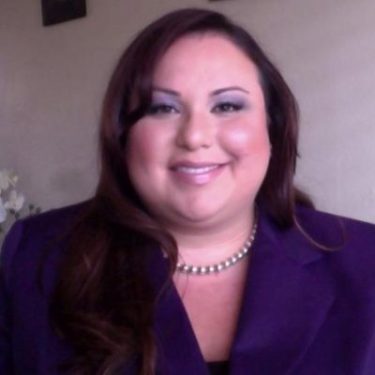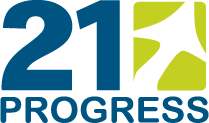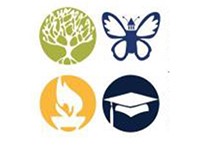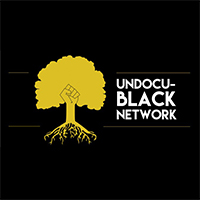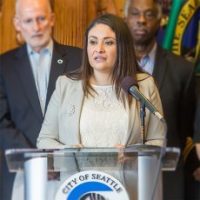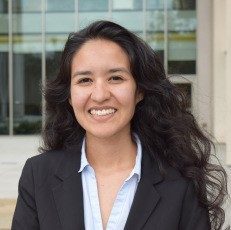 Vice President, Office of Minority Affairs & Diversity
Vice President, Office of Minority Affairs & Diversity
Rickey Hall was appointed as the eighth vice president for minority affairs and diversity at the University of Washington effective Aug. 1, 2016. Hall leads the university’s equity, diversity and inclusion efforts, and plays a key role in advancing institutional excellence. He has oversight of the UW Office of Minority Affairs & Diversity (OMA&D) which administers programs that broaden college access, support student success and enhance diversity-related teaching and learning across campus. OMA&D also works collaboratively with and serves as a resource for colleges and administrative units as they establish, coordinate and assess their contributions to institutional diversity goals. Hall has over 20 years of experience in higher education and is involved with a number of national organizations including the National Association of Diversity Officers in Higher Education and the Association of Public Land-Grant Universities Commission on Access, Diversity and Excellence. Hall came to the UW after serving as the inaugural vice chancellor for diversity and inclusion at the University of Tennessee, Knoxville for three years. Prior to that role, he served for six years as the assistant vice president for equity and diversity at the University of Minnesota. Hall was awarded the 2015 Unity in the Community Award from HoLa Hora Latina (Knoxville, Tenn.) and selected as an American College Personnel Association Educational Leadership Foundation 2015 Diamond Honoree. He earned a bachelor’s degree in American studies and a master’s degree in higher education, both from the University of Iowa. Hall is currently completing a doctor of education degree in organizational leadership at the University of Minnesota.
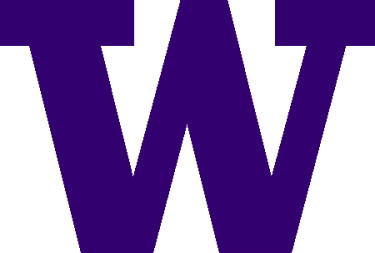 Presenters:
Presenters: